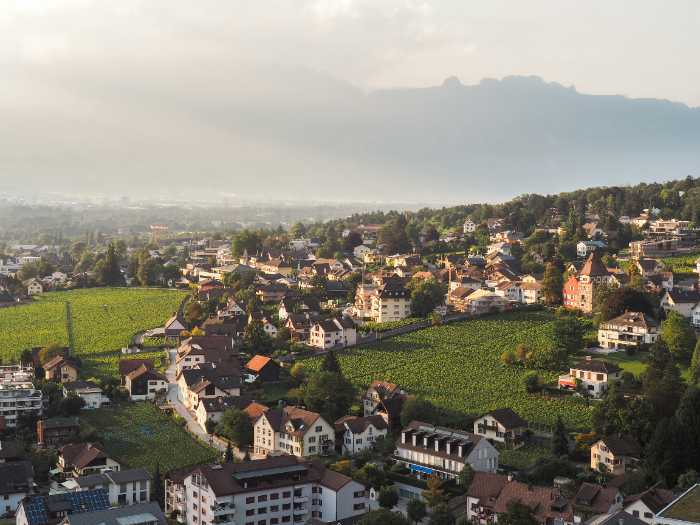
Vaduz
LiechtensteinVaduz, the serene capital of the Principality of Liechtenstein, often surprises visitors with its intimate scale and the captivating blend of its regal heritage nestled amidst stunning Alpine scenery. It wasn't always the obvious center of this tiny nation; for a time, Schellenberg held more administrative importance, a detail reflecting the gradual consolidation of Liechtenstein's territories. Yet, Vaduz's strategic location beneath its imposing castle ultimately cemented its role as the principality's enduring heart. Consider this: Vaduz Castle, the iconic landmark perched dramatically on a steep cliff overlooking the town, is not just a picturesque backdrop; it has been the residence of the Princely Family of Liechtenstein since the early 20th century. Unlike many European castles open to the public, Vaduz Castle remains a private home, lending an air of authentic, lived-in royalty to the capital. The Princely Family's continued presence underscores the close-knit relationship between the monarchy and the nation. Intriguingly, despite its small size, Vaduz boasts a surprisingly significant collection of art. The Kunstmuseum Liechtenstein houses an impressive array of modern and contemporary art, attracting international exhibitions and showcasing the principality's commitment to culture beyond its stunning landscapes. This modern cultural institution provides an unexpected contrast to the traditional charm of the town. Another fascinating aspect of Vaduz lies in its unique postal history. Liechtenstein issues its own highly sought-after postage stamps, renowned for their intricate designs and often thematic connections to the principality's history, art, and natural beauty. Philately is a significant aspect of Liechtenstein's cultural identity, and the postal museum in Vaduz offers a captivating glimpse into this miniature world of artistry and history. Beyond its castle, art, and stamps, Vaduz holds a direct connection to a surprisingly global tradition: the pedestrian crossing signal. The "Ampelmännchen," the charming little green and red men found on pedestrian traffic lights in former East Germany, were designed by Karl Peglau. Interestingly, Peglau later moved to Liechtenstein and even created a Vaduz-specific "Ampelmännchen" featuring a figure wearing a traditional hat, a whimsical nod to the principality's cultural identity. Furthermore, despite being a landlocked country, Liechtenstein has a naval register. This seemingly paradoxical situation arose due to international shipping regulations and offers certain financial advantages. While you won't see large ships docked in Vaduz, the principality's flag can be found on vessels navigating the world's oceans, a quirky example of its engagement with the global economy. Finally, for those with a taste for the local tipple, Vaduz is surrounded by vineyards producing surprisingly high-quality wines. The mild climate and fertile soil of the Rhine Valley contribute to a burgeoning wine industry, and local Weinstuben (wine taverns) offer the opportunity to sample these regional varieties, providing a delicious and authentic taste of Liechtenstein's terroir. To explore Vaduz is to encounter a capital where a private royal residence overlooks a vibrant art museum, where a philatelic tradition thrives, a charming pedestrian signal adds local flair, and a landlocked nation boasts a naval fleet, all nestled amidst breathtaking Alpine scenery and surprisingly good vineyards.
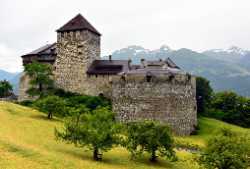 Vaduz Castle
Castle
Vaduz Castle
Castle
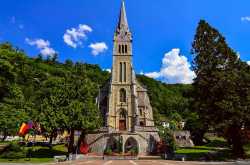 Cathedral of St. Florin
Cathedral
Cathedral of St. Florin
Cathedral
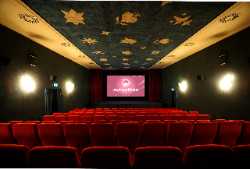 Altes Kino Vaduz
Cinema
Altes Kino Vaduz
Cinema
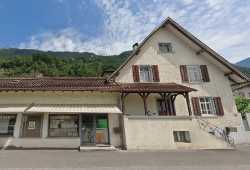 Art Studio
Gallery
Art Studio
Gallery
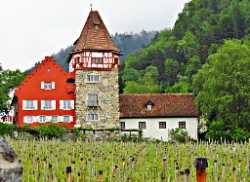 Rotes Haus
Historical landmark
Rotes Haus
Historical landmark
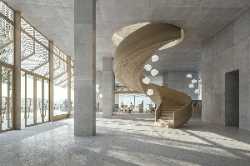 Liechtenstein State Library
Library
Liechtenstein State Library
Library
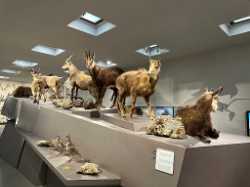 Liechtenstein National Museum
Museum
Liechtenstein National Museum
Museum
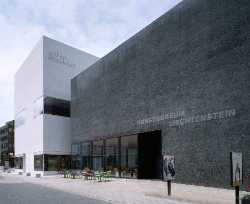 Kunstmuseum Liechtenstein
Museum
Kunstmuseum Liechtenstein
Museum
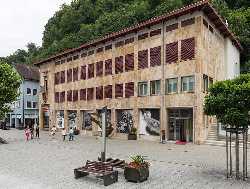 Postage Stamp Museum
Museum
Postage Stamp Museum
Museum
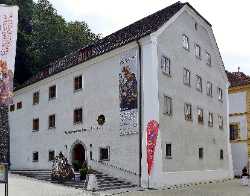 Schatzkammer Liechtenstein
Museum
Schatzkammer Liechtenstein
Museum
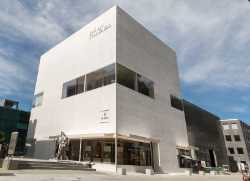 Hilti Art Foundation
Museum
Hilti Art Foundation
Museum
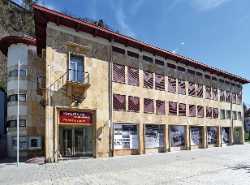 Kunstraum Engländerbau
Museum
Kunstraum Engländerbau
Museum
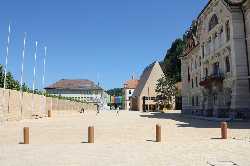 Peter-Kaiser-Platz
Square
Peter-Kaiser-Platz
Square
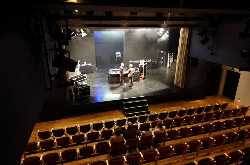 TAK Theater Liechtenstein
Theatre
TAK Theater Liechtenstein
Theatre
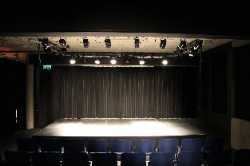 Schlösslekeller
Theatre
Schlösslekeller
Theatre
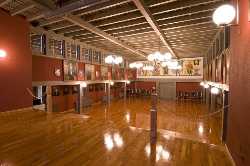 Vaduzer Saal
Theatre
Vaduzer Saal
Theatre